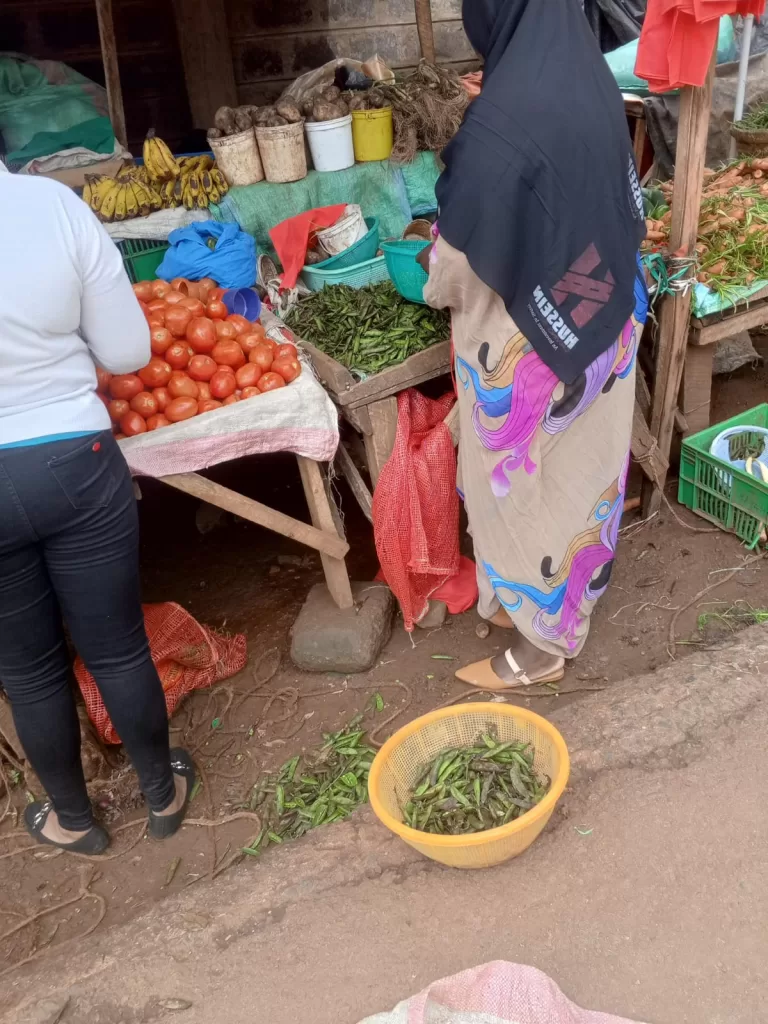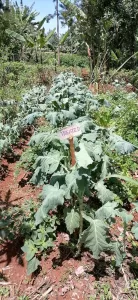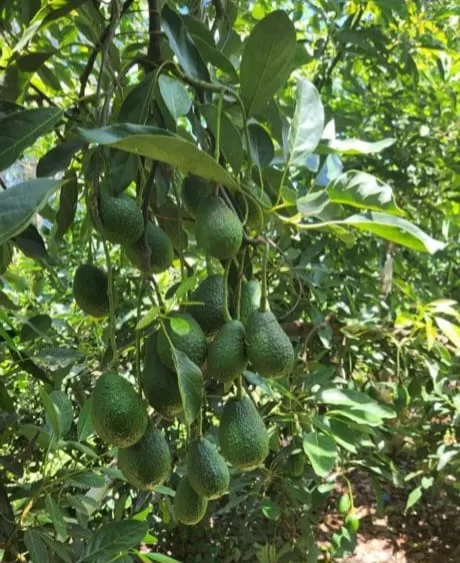Smallholder Farmers, also known as small-scale farmers, play an essential role in promoting sustainable Agriculture, ensuring food security, and reducing poverty in rural regions. Despite their challenges, smallholder farmers are the backbone of agriculture by significantly contributing to food production. Supporting smallholder farmers is necessary to ensure a sustainable food system and promote economic development. This article will explore the importance of helping small-scale farmers, the challenges, and how organizations like Profama make a difference in their lives.

Who are smallholder farmers?
Smallholder farmers are families or individuals who own or manage small plots of land for commercial farming or subsistence. They rely entirely on family labor and have low mechanization and technology adoption levels. Depending entirely on seasonal conditions and market opportunities, small-scale farmers may be involved in one primary or different crop over the years.
Challenges faced by small-scale farmers
Small-scale farmers face significant challenges, not just locally but worldwide. From lack of funds, improper infrastructure, and vulnerability to the whims of supply chains. Climate change also plays a significant role in making it difficult for small-scale farmers to sustain their Agriculture. Let’s dive deep into the challenges faced by smallholder farmers,
- Small-scale farmers experience limitations due to limited land and being in remote locations, which hinder their ability to grow prosperous businesses and provide food to their families.
- Small-scale farmers can access training, information, farm inputs, and financial support to look after the soil and improve their yields.
- Little or limited access to finance and credit prevents smallholder farmers from investing in improved seeds, fertilizers, and pesticides.
- Low level of technology and mechanization that hinders productivity and increases labor requirements
- Limited access to Markets and market information is also a significant challenge for small-scale farmers. This includes prices, demand trends, and consumer preferences leading to lower prices for their produce.
- Poor infrastructure, such as roads, storage facilities, and marketplaces, makes it difficult for small-scale farmers to access the market and sell their produce.
- Smallholder farmers are highly vulnerable to climate change and environmental degradation. For example, in extreme weather conditions, farmers are highly affected by extreme weather events such as droughts, floods, and storms. These extreme weather conditions can destroy both crops and livestock. Also, changing rainfall patterns can lead to reduced yields and crop failure.
- Poor soil management practices, such as overusing fertilizers and pesticides, can lead to soil erosion, depletion of nutrients, and reduced fertility.
Importance of supporting small-scale farmers
- Smallholder farmers can grow crops and raise livestock sustainably through access to Agricultural training, resources, and technology.
- Investing in smallholder farmers’ agriculture is key to reaching development goals, ending hunger, and promoting economic growth. Sustainable farming practices can also help farmers adapt to and mitigate the impact of climate change, such as droughts, floods, etc.
- Empowering smallholder farmers preserves traditional knowledge, seed varieties, and farming practices.
- Supporting smallholder farmers can help build resilience to shocks and stress, including economic crises, natural disasters, and conflicts.
- By adopting sustainable farming practices like agroforestry, organic farming, and crop rotation, small-scale farmers can contribute to environmental sustainability and biodiversity conservation.

The role of Profama in supporting smallholder farmers
Profama stands out as a beacon of hope in supporting smallscale farmers. At Profama, we are dedicated to supporting livelihoods through sustainable trade. Our mission is to empower small-scale farmers and transform agricultural markets for sustainable growth.
- ·Empowering smallholder farmers
Despite being the foundation of food production, small-scale farmers face numerous challenges, such as limited access to markets, resources, and technology, which hinder their ability to thrive. At Profama, we recognize this and are committed to providing support and the necessary resources to support their journey through economic independence and sustainability.
- ·Integration into sustainable value chains
The critical aspect of Profama’s support to smallholder farmers is the integration into sustainable value chains. By working closely with small-scale farmers, profama helps improve agricultural practices, increase productivity, and ensure the quality of their produce meets international standards. This integration allows small-scale farmers to access premium markets and command fair product prices.
- ·Fair price and sustainable growth
At Profama, we see fair prices as essential for the long-term sustainability of the smallholder farming community. Profama ensures farmers receive a fair price for their produce by connecting them directly to buyers and eliminating middlemen. This approach allows smallholder farmers to increase their income, thus improving rural livelihoods.
- ·Revolutionizing Agricultural Markets
Through innovative business models and sustainable practices, Profama creates a more equitable and transparent trading environment where smallholder farmers can thrive. Profama is more than just a company; it is a movement dedicated to empowering small-scale farmers and revolutionizing agricultural markets.
By supporting Profama, consumers are not only getting high-quality, sustainably sourced products but also making a positive impact on the lives of smallholder farmers. Together with Profama, we can build a more sustainable and equitable future for all.
Conclusion
In conclusion, supporting small-scale farmers is crucial for global food security, poverty reduction, and sustainable development. Profama is committed to supporting small-scale farmers by seamlessly integrating them into sustainable value chains, providing them access to training, resources, and markets, and ensuring they get fair prices for their produce. Our initiative aims to empower smallholder farmers by revolutionizing agricultural markets and promoting growth and development in rural communities.

